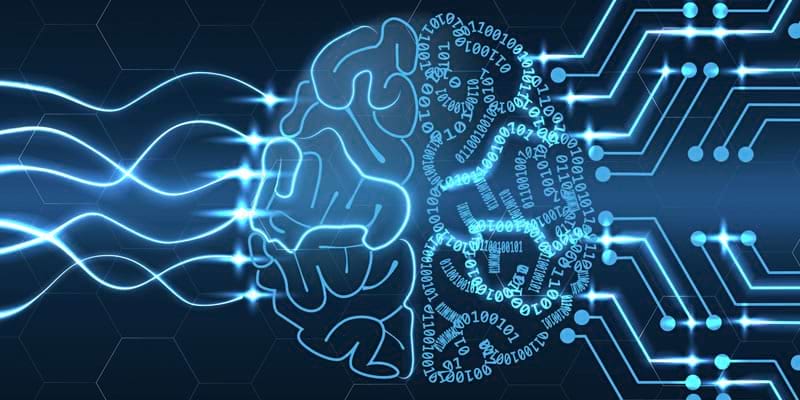What is Artificial Intelligence and How It Affects Our Daily Lives | The Comprehensive Guide

Artificial Intelligence (AI) has become one of the most widespread terms in recent years, radically changing the way companies, governments, and even our daily lives operate. But many still wonder: What is Artificial Intelligence? And how does it affect our lives?
In this article, we will explain the concept of Artificial Intelligence, its types, and its most prominent applications in our daily lives in 2025 and beyond.
What is Artificial Intelligence?
Definition: Artificial Intelligence is a branch of computer science aimed at developing systems capable of simulating human thinking, learning, decision-making, and problem-solving.
Difference from Traditional Programming: While traditional programs rely on pre-defined instructions, Artificial Intelligence relies on algorithms and learning from data to develop itself over time.
Types of Artificial Intelligence
Narrow AI
Designed for a specific task such as translation or image recognition.
Example: Google Assistant, Siri.
General AI (AGI)
Capable of thinking like a human and performing multiple tasks.
Still under development and research.
Super AI
An advanced level that surpasses human capabilities.
Still theoretical and raises discussions about the future of humanity.
How Does Artificial Intelligence Affect Our Daily Lives?
1. In Smartphones
Facial recognition to unlock the phone.
Voice assistants like Siri and Alexa.
Improving image quality through smart cameras.
2. In E-commerce
Product recommendations based on your preferences.
Chatbots for customer service.
Smart payment systems that detect fraud.
3. In Health
Diagnosing diseases through analyzing X-ray images.
Precise surgical robots.
Health apps that track your activity and sleep.
4. In Transportation
Self-driving cars.
Smart navigation systems like Google Maps.
Improving traffic flow with predictive analytics.
5. In Work and Education
AI tools for report preparation and data analysis.
Smart learning platforms that offer customized content for each student.
Automating routine tasks to increase productivity.
Pros and Cons of Artificial Intelligence
Pros
Saving time and effort.
Higher accuracy in data analysis.
Improving quality of life and services.
Cons
Loss of some jobs due to automation.
Privacy risks and data usage.
Potential over-reliance on technology.
The Future of Artificial Intelligence
The value of the AI market is expected to reach 2 trillion dollars by 2030.
Its role will expand in healthcare, cybersecurity, renewable energy, and education.
Discussions about laws and ethics will become more important as technologies evolve.
Conclusion
Artificial Intelligence is no longer just science fiction; it has become an essential part of our daily lives. From smartphones to healthcare and transportation, AI permeates every detail of our lives. As technology evolves, its impact will increase to shape the future of work, education, and even the way we live.